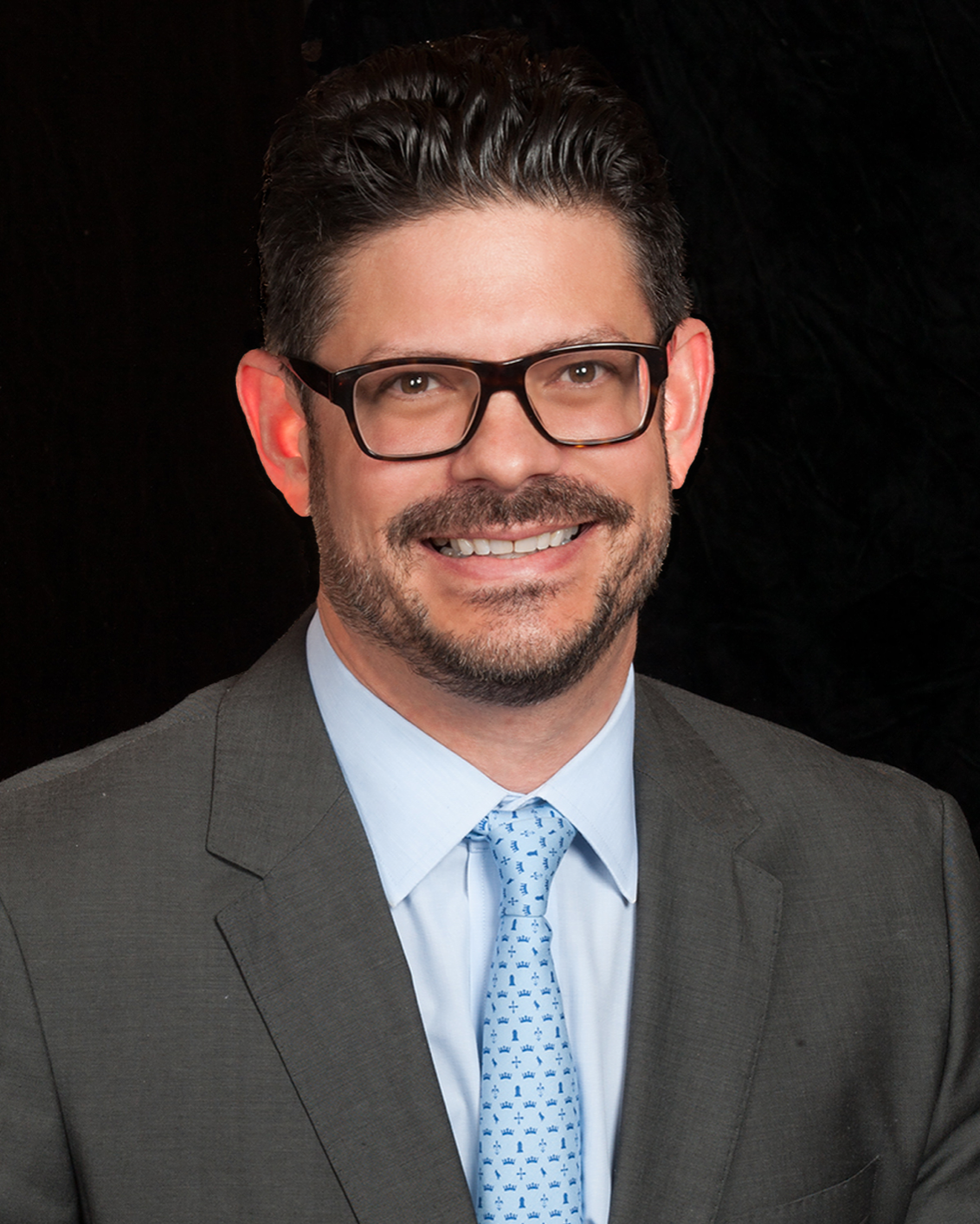Changing The Criminal Justice System
By Elsa Cavazos
Jose Gordo, CEO for The GEO Group, a world-wide leader in the provision of security-related support services to governments around the world, did not get to where he is today easily. Gordo is the son of immigrant parents. He came from a working-class family with struggles that many, if not most, immigrant families face. Gordo’s father is from Spain and his mother is from Cuba. He grew up in Miami, and attended the University of Miami. Jose believes his rich and proud heritage has given him important insights and perspective into the many healthcare, criminal justice, and immigration challenges faced by our country today.
Gordo always wanted to go into business. He thought a law degree might best prepare him for whatever line of business he might later pursue so he decided to attend Georgetown Law School where he received his Juris Doctor degree. Gordo soon became a young associate and worked at several law firms.
“I represented private equity firms, public companies, and venture capital firms. I had a good sampling of different kinds of corporate clients. I was able to learn a lot about how they operated their businesses and, in particular, what their best practices were,” Gordo said.
For him, those first few years were a learning experience that helped him develop some of the skills he would use later in his business career. Gordo went on to become managing director of a private equity firm in Palm Beach.
“That's when I embarked on my journey toward the business side, and the only condition I had in joining that firm was that I’d be able to retain my role as an advisor to my favorite client, which was The GEO Group,” he said.
“I still wanted to push out on my own. For me, I wanted something a little more dynamic that I could run myself. My vision was to have more of a private vehicle, where I could maybe do fewer deals, become more involved in operating the companies, and still invest in businesses with very significant growth potential. I was comfortable taking risks and getting involved with earlier stage companies as long as I had confidence in the business plan,” Gordo said.
He started on his own in 2012 with a partner. They focused on investing in different industries such as healthcare, telecommunications, and consumer products. Gordo was happy doing his own thing, but he always maintained a strong relationship with GEO. Going from one work environment to another was a journey Gordo felt he had to make.
In every setting he was in, Gordo had people to look up to and learn from, which helped him apply those skills to his future goals. “I don't think I would have been nearly as knowledgeable, experienced, or ready to face the challenges I’ve had to face without having been surrounded by very sophisticated, successful people throughout the years. I’ve had some of the best business mentors you could possibly have. Our Founder and Executive Chairman, George C. Zoley, is at the top of that list. He is the best business leader and operator I have ever been around and I feel fortunate to have watched him grow our business into the multibillion dollar enterprise we are today.” Gordo said.
“I was always like a sponge, I think that's a trait I always had,” he added.
Gordo’s close relationship with The GEO Group began when he represented GEO in its split from its former parent company. He also helped to guide the company through different phases of growth. In 2019, he joined the Board of Directors and became even more involved in the day-to-day operations of the company.
At GEO, Gordo is now the CEO of the largest support services provider for contracted correctional facilities, immigration processing centers, and community reentry programs in the world, providing secure environments, healthcare, meals, access to recreation, rehabilitation, and legal counsel to persons in its custody and care.
“Maintaining operational excellence starts with doing the right thing. Our main mission is to treat those who have been placed in our care and custody with respect and basic human dignity, and to reduce the rate of recidivism of those who have been sentenced for crimes by preparing them to return to their communities with job skills and opportunities that will hopefully prevent them from re-offending and returning to prison, “ Gordo said.
“The statistics over the years show that if you take better care of people, provide them with better housing, better facilities, better nutrition and healthcare, and better opportunities and programs for rehabilitation, they will be more committed to finding their way back to civil society,” he noted.
Gordo understands it is a controversial industry. He stressed GEO does not in any way lobby for tougher criminal laws or longer sentences—GEO leaves that to the policy makers and legislators. All of GEO’s contracts are the result of government requests for services.
“Our involvement begins with people under our care. If you are unlucky enough to have someone you know go to prison, do you care if their care is being provided by a private company? Or the government? I don't. I would care a lot more about their conditions. Are their living quarters clean and safe? How is their nutrition? Do they have access to programming so they can learn something and come out with relevant job skills? In today's world, a lot of that is completely lost. I have met many individuals who have come out of our facilities, and who have gone through our rehabilitation programming. They thank our employees, and they say, “You changed my life for the better,” he said.
When it comes to the future, he hopes for continued improvement in the provision of inmate and detainee healthcare and new living environments for those who are serving time or whose immigration status is under review. “We can do a lot in correctional healthcare, that is a really important component of making sure people who are in our care can stay fit and healthy and are better prepared for release. And it's an area where you have aging populations, the demographics of people, especially in long-term prison facilities across the country, are shifting toward an older population. They have healthcare issues related to aging. We've put a lot of emphasis on healthcare, and we will continue to do so,” he said.
Gordo agrees that the challenge ahead is daunting but maintains it’s one that can and must be met.
“With almost 40 years of experience, our skilled workforce, our modern world-class facilities and our unparalleled rehabilitation programs, we can help to meet the challenges by bringing world-best practices to the table. We are committed to making an important contribution to our public-sector partnerships and to making a meaningful, positive difference in the lives of those who have been placed in our care.”

